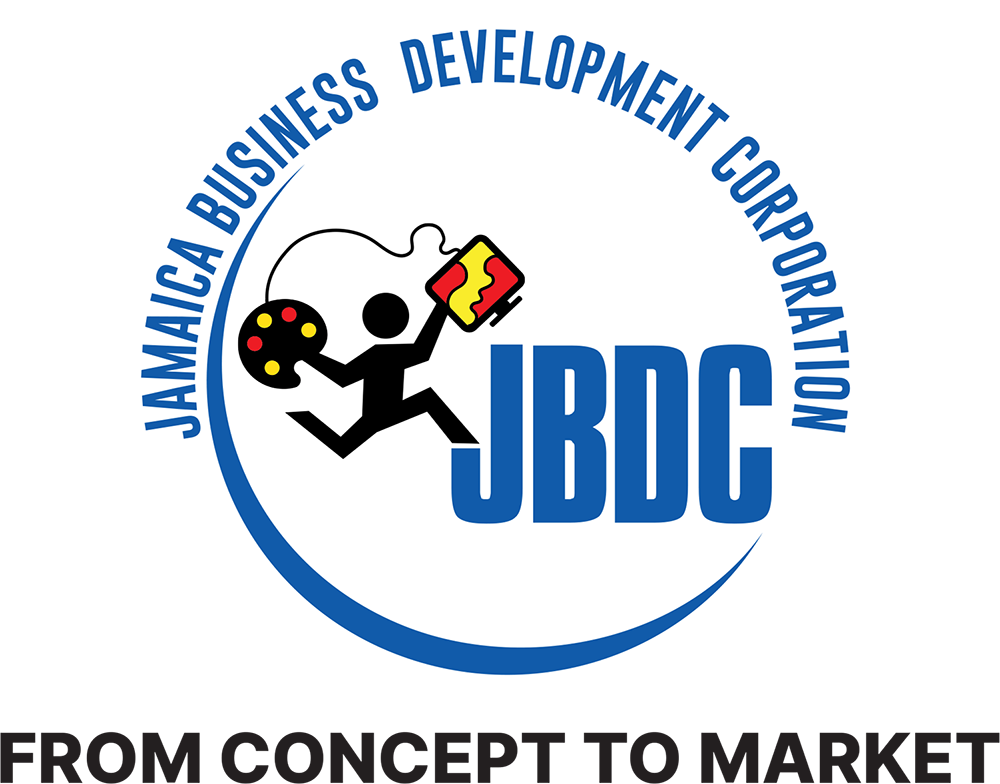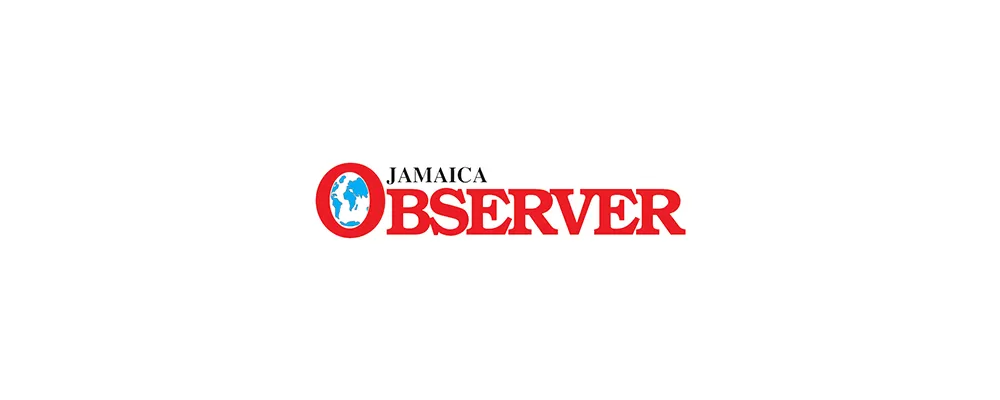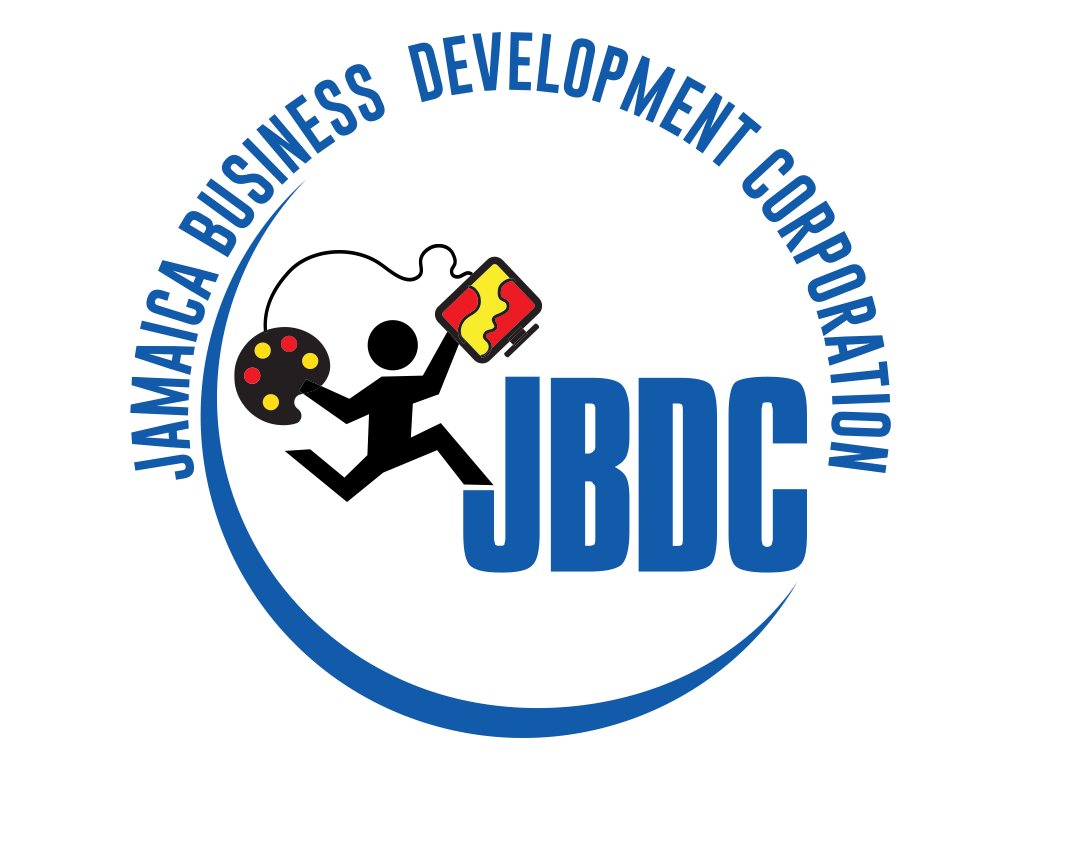HMH Farms in Bushy Park, St Catherine, is jointly owned by husband and wife team Hjort and Hazel Henry who started the business in 2019 in order to increase income sources for the family.
The company, which is part of the Jamaica Business Development Centre’s Accelerator programme, is now three years old.
Hjort Henry says their main motivation for starting “was to create passive income and generational wealth for myself and family. In doing this we also help to close the gap in the country’s importation bill of goat meat and food items such as eggs and broiler chickens.”
It has been an expensive venture, but the Henrys calculate that they are targeting a market which is worth well over $2 billion in annual sales in Jamaica. Investment to date is just over $24 million in the medium-sized meat and egg operation.
“My total estimate of the value of the goat market in Jamaica is north of US$18 million or 2.8 billion Jamaican dollars. My percentage is less than 1.5 per cent,” Hjort shared with the Jamaica Observer.
HMH currently employs three full-time workers and two part-time workers in producing tabletop eggs, supplied mainly to bakeries and hotels and graded Boer goats, which are sold to farmers to improve the genetics of the goats on their farms.
The farm also produces goat meat which is sold to consumers, restaurants and wholesales. Hjort states, “The competitive edge we have is the genetics of the goats on our farm. We invested heavily at the start in full blood Boer service rams from Unity Boer Goat Farm in Mandeville and Westside Genetics also in Mandeville.”
“This allows us to cross breed and produce kids with superior growth rate and more meat to bone ratio than our local goats. So instead of waiting one year for a goat to be ready for harvest, you have a 80-100 lb goat in six-eight months.”
The farmer notes that both eggs and goat meat are in high demand. He noted, “The country only produces 15-20 per cent of our local goat meat consumption. The gap is filled by imported old sheep from foreign farms. So the demand to increase production of local Jamaican goat is very high. The story is similar for tabletop eggs.
Determined
Hjort shared, “I am an experienced businessman and sales expert who still is on life’s journey of success and failures. I am very grateful for where I am, the lessons learnt and experiences gained over the years.
“I would say I am a very determined and self-motivated person who once I have a vision to create or pursue something, I go after it with everything to bring it to reality.”
“What drives me is freedom. I want to be free to live, love and laugh to take care of my family and loved ones and not trade my time building someone else’s dream.”
The couple’s previous focus lay in the fields of manufacture, retail and finance. Jobs held included financial advisor at Sagicor, and farming, agro-processing and retail.
Currently, the Henrys are hoping to set a pattern for other entrepreneurs to follow. Hjort told the Sunday Finance, “I was not born into wealth so the seeds I sow now are not just for me while I am here but for generations to come. God willing.”
In setting up HMH farms, the Henrys endured “a lot of sacrifice and rough days”. Financing came from the husband’s mother and other investments and sales of assets all reinvested for the vision.
Capacity
What has been achieved today is an operation on over four acres of land, including housing and production capacity for 150 breeding females and 300 kids; layer capacity for 2,000 birds; 600 broiler birds capacity; slaughterhouse; a 525 sq ft agro-processing facility; store room; and a main building housing office, bathroom, sleeping area, kitchen and egg production room.
The farm’s target market comprises mom and pop wholesales, supermarkets, restaurants, hotels, direct to consumers, party promoters, round robins and organisers of nine nights. In other words, product is available to everyone in need.
Challenges experienced in setting up and running this business included goat theft, access to capital or funding, labour, and security. There is also the high cost of grains and feed which is a continuous challenge.
Hjort shared that to date, “Total investment is north of $24 million but below $30 million. The farm is still growing so we have made revenue, but there are expenses we have to fund from the revenue to grow. In the last three years there has been 10-15 per cent growth in margins annually.
To sustain the venture, the Henrys plan on adding more value-added products, increasing female count to produce more kids, investing in newer genetics through artificial insemination and also purchasing live animals from reputable breeders.
The farmer noted that he is hoping for funding through the guidance of JBDC Accelerator programme. The programme is preparing the company, “to be better positioned to take advantage of available grants and funding through DBJ [Development Bank of Jamaica] programmes with approved financial institutions.”
For marketing support, HMH Farms has been making use of social media, referrals and print media to expand reach. He is optimistic about the future.
Hjort said, “My advice to the readers who are at different stages in their journey is just be grateful, look for the wins and lessons in every situation. Know that your journey is never over until you stop trying. Be kind to everyone and always pay it forward.”
Source: https://www.jamaicaobserver.com/business/hmh-farms-targets-goat-meat-genetics-and-egg-market/








